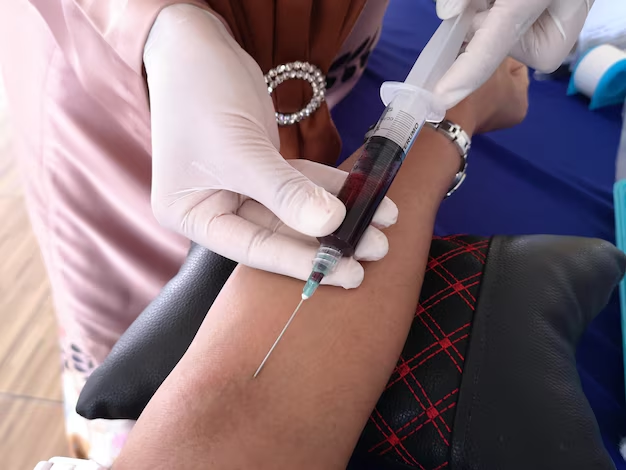How to Become a Phlebotomist in Illinois: Degrees, Certifications, and Licenses
Stepping into the medical field as a phlebotomist in Illinois is both rewarding and impactful, offering a crucial role in patient care and diagnosis. To embark on this career path, one can start with a high school diploma or GED. While Illinois does not mandate a specific degree for phlebotomists, enrolling in a dedicated phlebotomy training program is highly recommended. These programs, often available at community colleges and vocational schools, prepare candidates with vital skills in blood collection techniques, safety protocols, and patient interaction. Completing such programs further enhances job prospects and lays a solid foundation for certification.
Several certifications are available from reputed organizations such as the American Society for Clinical Pathology (ASCP) and the National Phlebotomy Association (NPA), which underscore a commitment to professionalism and skill excellence. While certification is not legally required in Illinois, it is a significant asset, recognized by many employers across the healthcare industry. Emphasizing hands-on experience, these certifications validate proficiency and enhance employability. Thus, exploring educational programs is invaluable for those aspiring to excel in phlebotomy, ensuring both professional growth and the highest standards of patient care.
Pathways to Becoming a Phlebotomist in Illinois:
- 🎓 High School Diploma/GED: The essential educational requirement.
- 🏫 Phlebotomy Training Program: Ideal for acquiring practical skills and knowledge.
- 📜 Certifications:
- ASCP (American Society for Clinical Pathology)
- NPA (National Phlebotomy Association)
- 👩🏫 Clinical Experience: Gained through internships or hands-on training, critical for skill development.
- 🌟 Continuing Education: Certificates and endorsements to advance skills and career opportunities.

Related Topics
- Becoming Dental Hygienist
- Becoming A Phlebotomist
- Dental Hygienist Duration
- Dialysis Tech Timeline
- Dialysis Technician Timeline
- Flight Paramedic Duration
- Hygienist Timeline
- Become Lab Tech
- Mammography Tech Timeline
- MRI Technologist Duration
- Nurse Technician Timeline
- Pathologist Assistant Timeline
- Pediatric Sonographer Timeline
- Pharm Tech Timeline
- Pharmacy Technician Timeline